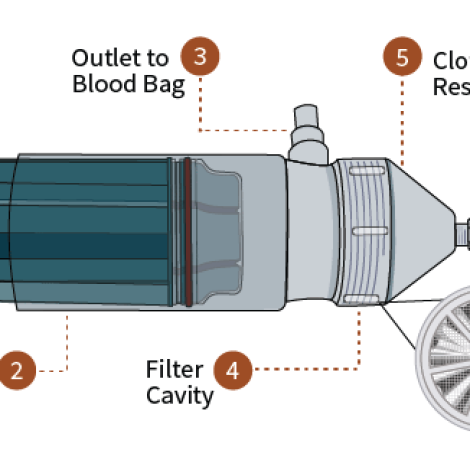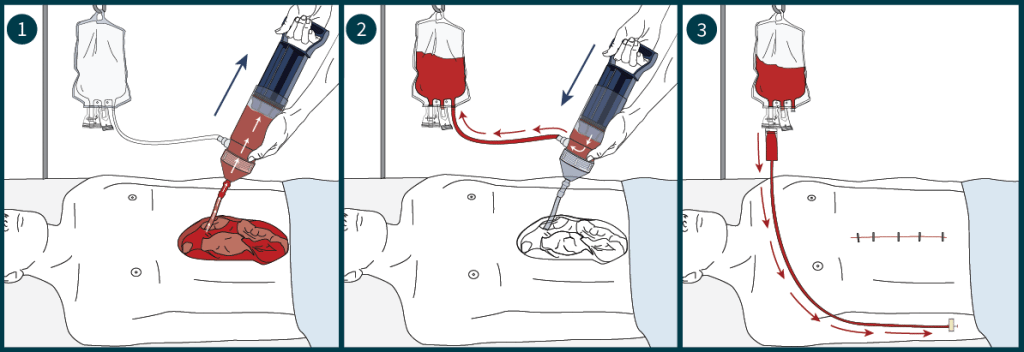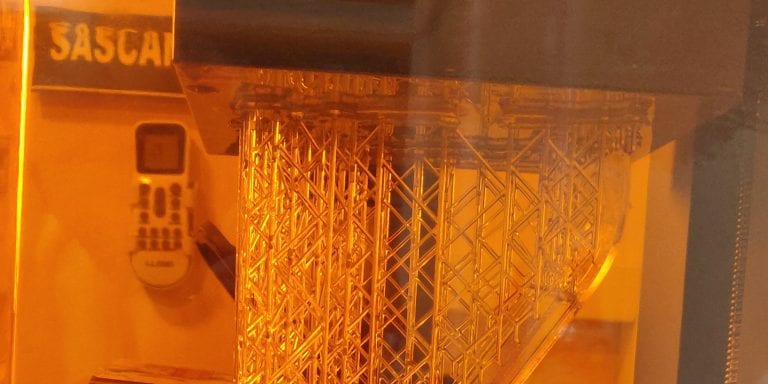A soup ladle is sometimes the best tool available to recycle a patient’s blood in an emergency or in a poorly equipped hospital in Sub-Saharan Africa. Health care workers can resort to scooping the blood from an internal hemorrhage and filtering it with gauze before placing it into a blood bag for transfusion back into the body. Autotransfusion machines can costs hundreds or thousands of dollars and they require a steady power source, which is not always an option in clinics in areas with frequent power outages. Fortunately, a device that’s better than the soup ladle is in development: Hemafuse.
Hemafuse is a low-cost manual autotransfusion device in development now by the start-up Sisu Global Health. Like a soup ladle or an autotransfusion machine, Hemafuse recycles blood that pools in the body during surgery. The device is a large, semi-reusable syringe that pulls the patient’s blood inside and filters it before injecting it into a blood bag for re-transfusion. It can be used in place of or in tandem with donor blood in emergency situations.
Usability tests in Zimbabwe and Ghana informed several design changes to prevent the misuse of Hemafuse and contamination of the blood, Katherine Kirsch, Co-founder and Chief Marketing Officer at Sisu, told E4C. And more changes are under consideration.
“Chief Technology Officer, Gillian Henker, has specifically analyzed medical grade plastics that allow for sterilization in autoclaves of specific temperatures to allow reusability of the large outer syringe, while still leaving a disposable filter, for cost and cultural/behaviorial reasons. Sisu has also been exploring the possibility of a completely single use product for other markets,” Kirsch says.
Soon, the device will proceed to clinical trials.
“They’ve really gone the distance in terms of taking a device intended for international settings through all of the research and regulatory hoops,” says Jordan Schermerhorn, a global health researcher.
For more, please see Hemafuse in our Solutions Library and on Sisu’s site: sisuglobalhealth.com.



Comments from the Community
1 Comment